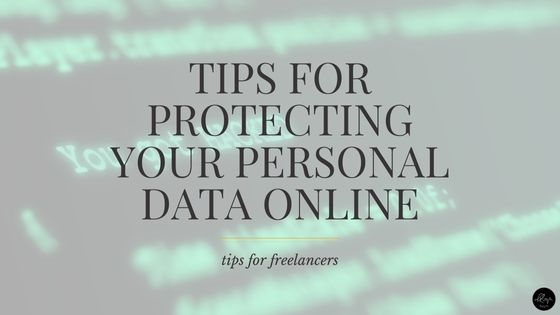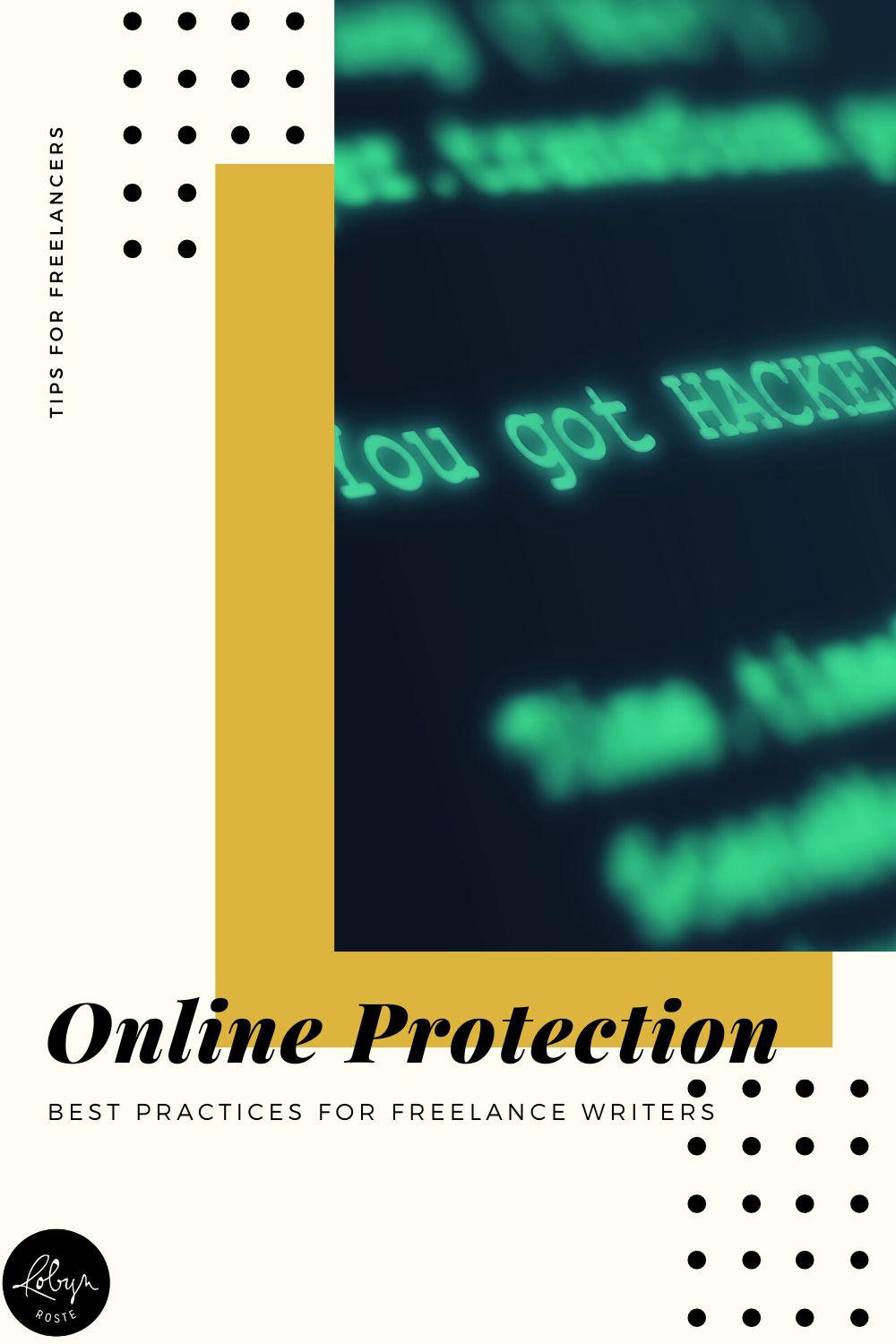When you sign up for a website or app, you’re often asked to fill in your personal information, like your name, address, email, and even payment information. Is it even possible to protect your personal data online?

The hard truth is your personal information’s safety is as much your responsibility as it is the company you’ve shared it with.
Here are some simple ways to protect your personal data online
Choose a secure password
Password security should be one of the first things you take care of. You might be thinking that you can set your password to almost anything, so long as you can remember it. Who would guess it? There are countless words and combinations to be made, and even people you knew couldn’t guess it if they tried. Well, oftentimes the people who are stealing your information don’t know you at all, and your password was just easy to crack due to the lack of security.
It’s important that you make your password as complex as possible by adding various different upper and lowercase letters, as well as numbers and symbols. It would be even better to avoid using actual words, as jumbled letters, numbers, and symbols are much harder to crack. With a lot more variety going into your password, it could take hundreds of years for hackers to get past your security. Sure, it’s harder to remember, but consider writing them down somewhere safe.

Be careful with what you share
Speaking on the Internet, when you feel like you’re anonymous, you can make the mistake of sharing your personal information a little too freely.
Even if it feels innoculous, you have to remember that most things said on the Internet stay on the Internet. Every time you share something personal, you could be putting yourself at risk.
This is even more important to consider if you’re running a blog and trying to grow its popularity. The more specific you are with the details, the higher the risk you’re at of others learning too much about you. Avoid sharing too much when talking about your life and personal experiences.
By the way, this is not to scare you into going off-grid…but you do need to be aware of the potential risks.
Ignore unfamiliar emails
If you ever receive an email from an unfamiliar name, it’s usually not worth reading. There are plenty of scams done by email, and some can look pretty convincing! It could be someone emailing asking for help, offering money, or just looking to get in touch, but if you don’t know who it is, don’t click on any links or attachments they’ve included with the email. Phishing is a very well-known tactic for gaining information on individuals or sending over a virus that can harm your computer.
It’s worth being extra cautious and verifying emails sent by companies or utilities, just to make sure they’re not just posing as that company. Check the full email that the mail was sent from, and see if it lines up with the one provided by the said company. It might sound a little paranoid, but if you’re going to open anything from an email, it’s much better to be safe than sorry.
Social media
Just like when writing blogs, social media makes it far too easy to overshare your life. Whether it’s posting a status on Facebook, or putting pictures up on Instagram, you could be giving away a little too much.
You can learn more about how to protect instagram account here. You would be surprised how much people can find out just by a small glimpse of the background in one of your pictures, and if your page has been growing in popularity, the more the chance of that happening is.
You might see things like quizzes being posted to Facebook, and while they may seem innocent. But honestly? They’re not! Often they trick people into giving their personal information away. Quizzes titled things like “which Disney character are you?” will ask you a series of seemingly random questions. As innocent as these questions are, they may give phishers all of the information they need to bypass the security question linked to your accounts.
All this to say, take care when engaging online. Pay attention to the personal information you’re giving away and make sure it’s worth the risk.

One more thing. You may be interested in my free resource library. This is where I keep my files, downloads, ebooks, worksheets and whatever else I manage to create. I love sharing what I learn and want to keep adding to this library so it becomes a wealth of helpful goodness.
This is a free resource but I do require a password to access the library itself. You can get access by popping your email address into the form below.



